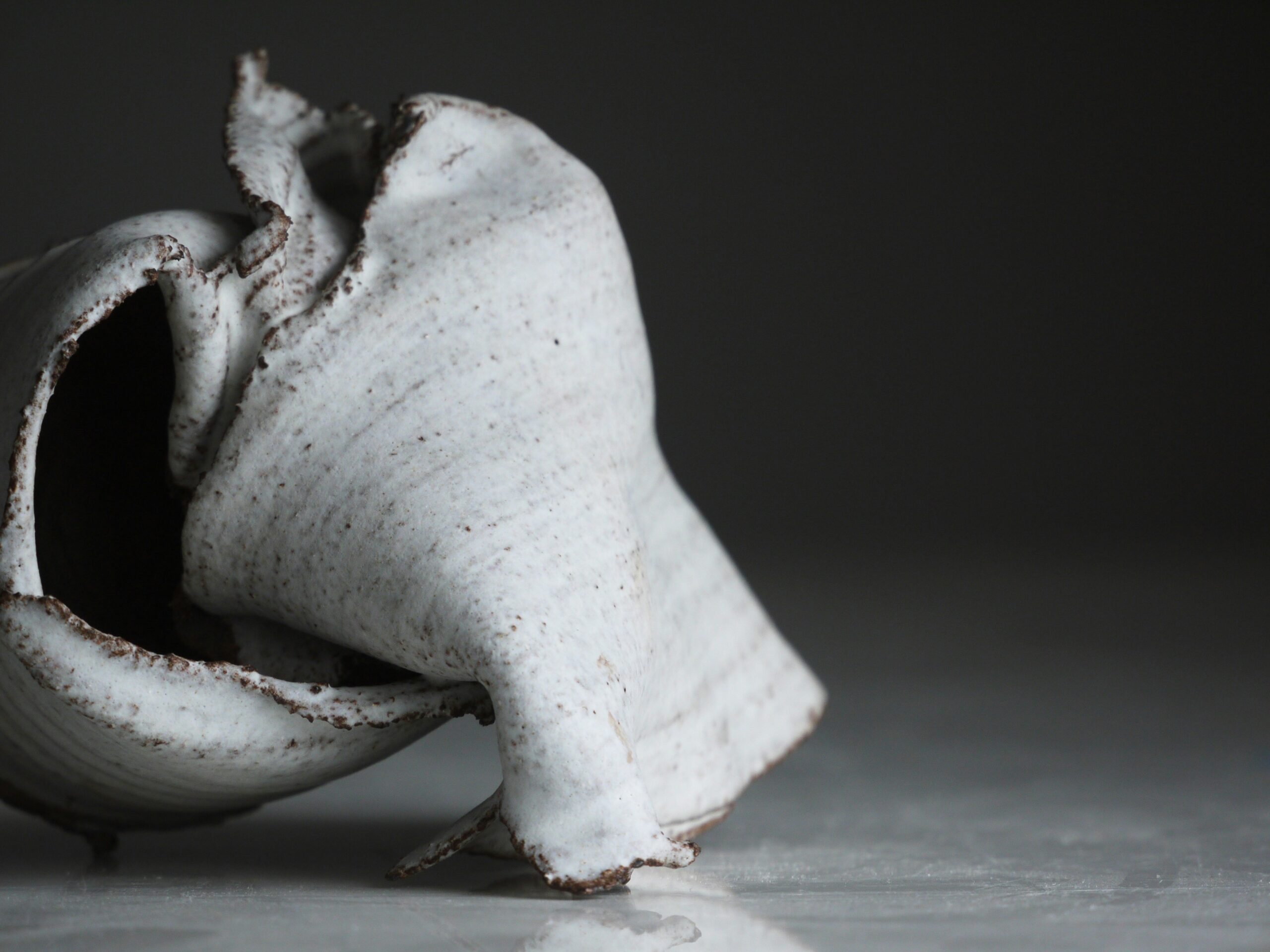I wasn’t the first person to arrive at the IOP this morning. I was second. It threw me off. Second. I didn’t win. I got there about the same time I always do. It’s just that someone else was earlier. So disconcerting.
My check-in was fine. I was very tired again, which is kind of odd because I thought I got a good night’s sleep. It must not have been restful sleep. So frustrating. The clinician asked me about the intrusive thoughts. I said that they’re mostly much better. They’re not gone, but they’re less intense. They’re almost like background noise for the most part. Yesterday I went until midafternoon before I had one. It’s definite progress. Although I had a disturbing flash when I was taking my night meds, but the clinician doesn’t think it’s a big deal. Just something to watch.
We started the skill portion of group with “Emotion Regulating Skills”. There were four skills: P.L.E.A.S.E., paying attention to the positive events, opposite action, and check the facts. In P.L.E.A.S.E., PL stands for “Treat Physical Illness” (I know, I know. That’s a huge stretch.), E stands for “Eat Healthy”, A stands for “Avoid Mood-altering Drugs”, S stands for “Sleep Well”, and E stands for “Exercise”. Not one of their better acronyms.
Paying attention to positive events is just what it sounds like. It’s very human to notice the bad and ignore the good. When I worked as a retail trainer, I used to warn trainees about this. I said that if you help 101 customers today, and only one is bad, why do you remember that one instead of the 100 good ones? It takes effort to remember the good. It’s easy to remember the bad. But it’s worth the effort to accentuate the positive.
I feel like I’ve talked about opposite action a lot. The example for today was if you’re feeling angry. The impulse is to fight, yell, or argue. The opposite action is to talk quietly and behave politely. Easier said than done, but very effective if done.
Check the facts is what it sounds like. When something happens, we tend to interpret it, make assumptions about it. These are not facts. Our example today was making a mistake at work. The fact is just that I made a mistake at work. The assumption is that I’m going to get in trouble/get fired. We want to make sure our emotions are aligned with the facts, not the assumptions.
Next, we worked on building a coping toolkit. The toolkit is basically things that are comforting. The things could be anything. The sheet suggested everything from pictures of loved ones to fidget toys. Our homework was to build a coping toolkit of our own.
We had some extra time at the end, so we played some seesaw. In case you’ve never heard of seesaw, its more popular name is hangman. I think it’s obvious why they don’t want to call it hangman with a bunch of depressed, possibly suicidal, patients. So, we played seesaw. All the words were mental health related. That made them fairly easy to guess. We were low energy today, so it was probably good to play a game at the end.
And that was that. Overall, it was a good group today.












